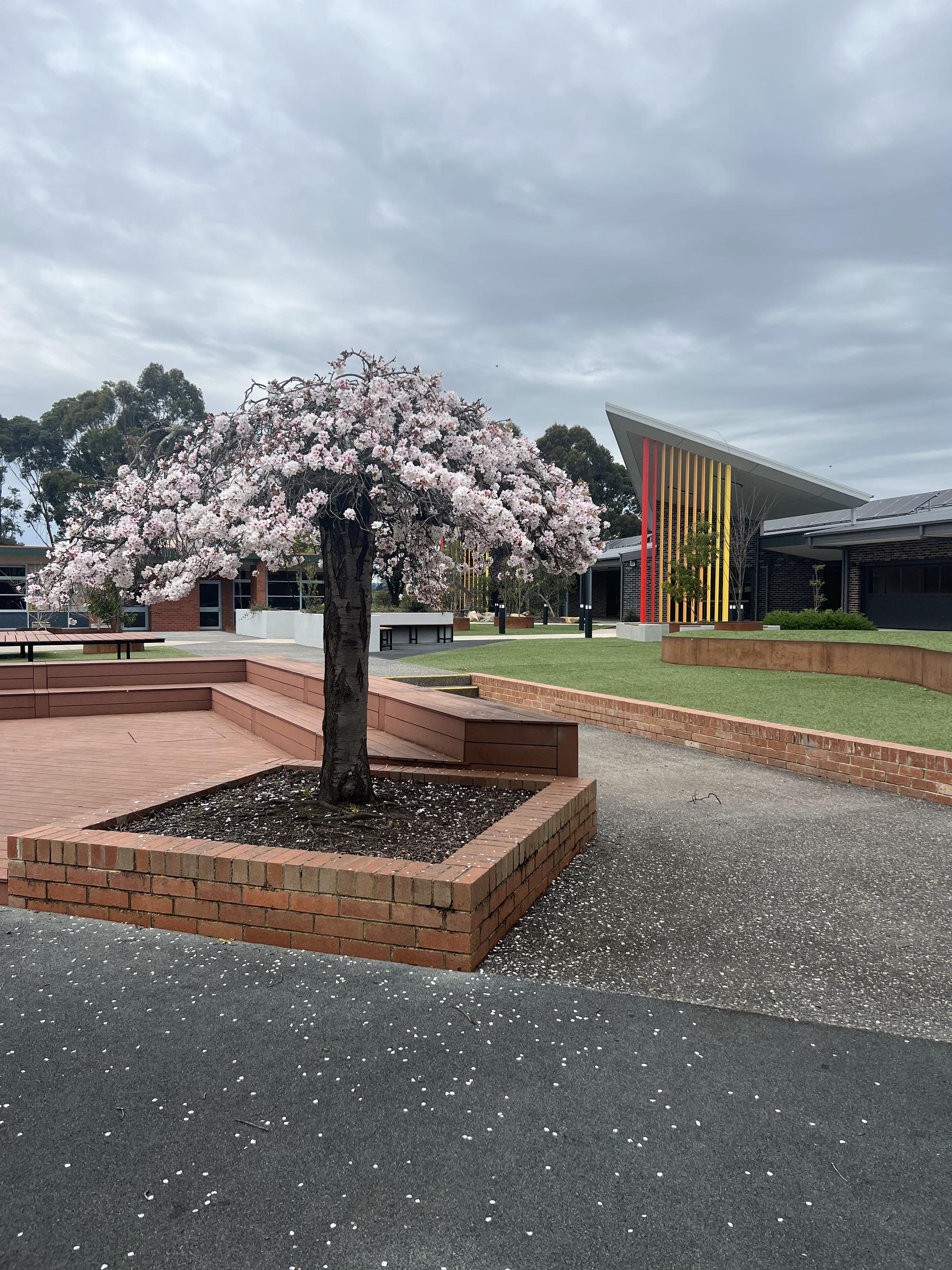Wellbeing
Mr. John Ryan - Deputy Principal

Wellbeing
Mr. John Ryan - Deputy Principal


SPECIAL REPORT: Mobile Phone Separation Anxiety
Four weeks after the implementation of our new Mobile Device Policy, students can be observed talking more in the yard at recess and at lunchtime. Opportunities to develop real relationships and be truly present for others lie at the heart of being human.
The use of mobile phones and technology in schools has been a highly debated topic internationally, including in Australia. Almost all states and territories in Australia, have implemented full bans on mobile phones during class, recess, and lunch times, while allowing students to carry their phones during travel to and from school.
Critics argue that there is no evidence supporting the effectiveness of such bans, but this is a mischaracterisation. Studies have shown the positive impacts of mobile phone bans in schools. One study conducted in 2016, found that banning mobile phones led to an increase in student performance, with test scores improving by 6.4% of a standard deviation. Similar studies from Spain and Norway also supported these findings.
For parents concerned about mobile phone separation anxiety in their children, it is important to acknowledge it as a real issue and discuss the negative effects of phone addiction, such as sleep problems and mental health issues. Gradually introducing phone-free periods at home, setting clear expectations and boundaries and modelling healthy behaviours can help your child cope. It is also crucial to establish a support network and seek professional help if needed. Implementing mobile phone bans in schools allows for better focus on teaching and learning, minimising distractions and interruptions.
This week on the MacKillop Tv website, a Special Report will help address mobile phone separation anxiety and provide guidance on supporting your child’s wellbeing during this transition period. We hope you take a moment to reflect on the information offered, and as always, we welcome your feedback. If this raises any concerns for you, a loved one or the wellbeing of your child, please consider seeking medical or professional help.
Click on this link to view the Special Report https://mackillopleongatha.catholic.schooltv.me/wellbeing_news/special-report-mobile-phone-separation-anxiety
Child Safe Standard Four Focus
Child Safe Standard Four highlights the importance of an open and transparent child-safe culture for families and communities.
Mary MacKillop Catholic Regional College provides families and communities with accessible information about their child-safe policies and practices and involves them in their approach to child safety and wellbeing. A starting point is to go straight to our College website and click on the Child Safe Policies Tab in the middle of the Homepage. Type in “Child Safety” and College policies and Diocesan overarching policies can be located by utilising the search box.
Benefits of keeping families and communities informed
Involving families and communities in decisions relating to their children’s safety and wellbeing helps:
Providing accessible and inclusive child-safe information encourages families to engage in child safety and wellbeing discussions.
To comply with this standard, at minimum, schools must:
The College provides many examples of providing a welcoming environment.
Examples of actions to support family engagement
Families are welcome to ring the College and make an appointment to speak to the Deputy Principal of Wellbeing Students and Staff, Mr. Ryan. Mr. Ryan will always provide time to include information about child safety, the school's complaints processes and how to raise concerns. Our College only thrives when connected to our broader community.